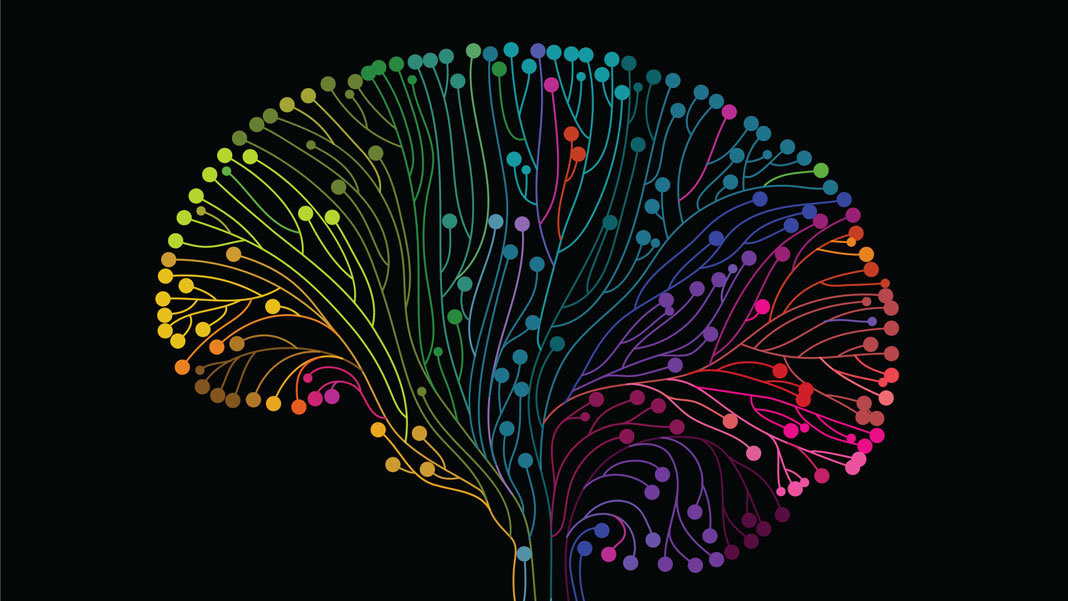
6 Psychologists You Need To Study
Psychology could be considered as the mind trying to realise its nature – discovering its components to individuate and self-realise. Psychology is critical not so much in the clinical sense, but for the individual’s enlightenment – True Self-knowledge.
Along with Carl Jung and Sigmund Freud (they go without saying), I suggest studying the work of the following psychologists:-
Karen Horney
Karen Horney was a Neo-Freudian psychologist who strongly disagreed with some of the agreed-upon Freudian models, particularly the idea of libido and the Oedipus complex. Her refusal to adhere to strict Freudian theory caused Horney’s expulsion from the New York Psychoanalytic Institute in 1941.
She believed that a primary condition responsible for the later development of neurosis was the infant’s immediate anxiety experience. The child felt ‘isolated and helpless in a potentially hostile world.’ The child’s various strategies to cope with this anxiety can eventually become persistent and irrational needs that cause both neurosis and personality disorder.
Melanie Klein
Melanie Klein was also a Neo-Freudian psychologist who developed Freud’s work and was heavily focussed on childhood. She recognised the importance of childhood experiences in forming the adult emotional world – particularly the first 4 or 6 months after birth. She studied the child’s unconscious fantasy life, enabling her to psychoanalyse children as young as two or three years of age.
There have been many psychologists/psychoanalysts that her work had influenced since her death in 1960.
Wilhelm Reich
Another psychologist of the Freudian lineage – noticing a pattern?
Reich was an Austrian psychoanalyst and doctor and was deputy director of Freud’s outpatient clinic. He became known as one of the most radical figures in the field of psychology. One of his primary ideas was muscular armour—the expression of the personality in the way the body moves.
He also had many of his books banned and had to self-publish later in his career – usually a sure way to know if someone was on the ball.
Otto Rank
Rank was an Austrian psychoanalyst who was Freud’s secretary for nearly 20 years.
He noticed many clients ‘pedestalling Freud and making him into their Father figure. This made Rank question the validity of psychotherapy after considering many clients addicted to the sensation of therapy rather than healing.
He saw therapy as a learning and unlearning experience that should help clients see more creative ways of thinking and unlearning destructive ways of thinking.
Ken Wilber
Ken Wilber is a modern psychologist who coined the term ‘integral psychology’ – Wilber could easily be called a philosopher.
Spiral Dynamics, something I use and write about often, has been adapted and evolved by Wilber. His AQAL model is worthy of study – the basic framework can be seen here.
His work has influenced a wave of transpersonal psychologists. He could be seen as one of the most influential psychologists alive today.
Robert A. Johnson
Robert A. Johnson was a Jungian analyst from the US. Johnson used mythology and symbology to share his ideas through his work. He has played a significant impact on my psychological development.
He also spent years as a Benedictine monk in the Episcopal Church, and he also studied at the Sri Aurobindo Ashram in India. You can find an interview with Johnson here – you can feel his wisdom, and you listen to him. A truly remarkable man.
I’ve released book notes on his work which you can see here.